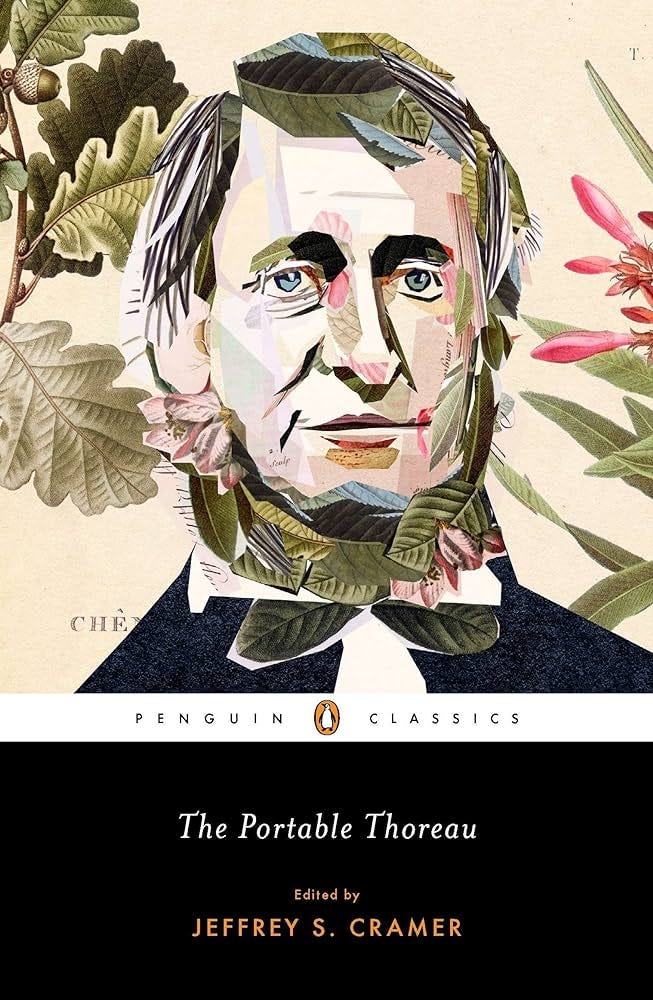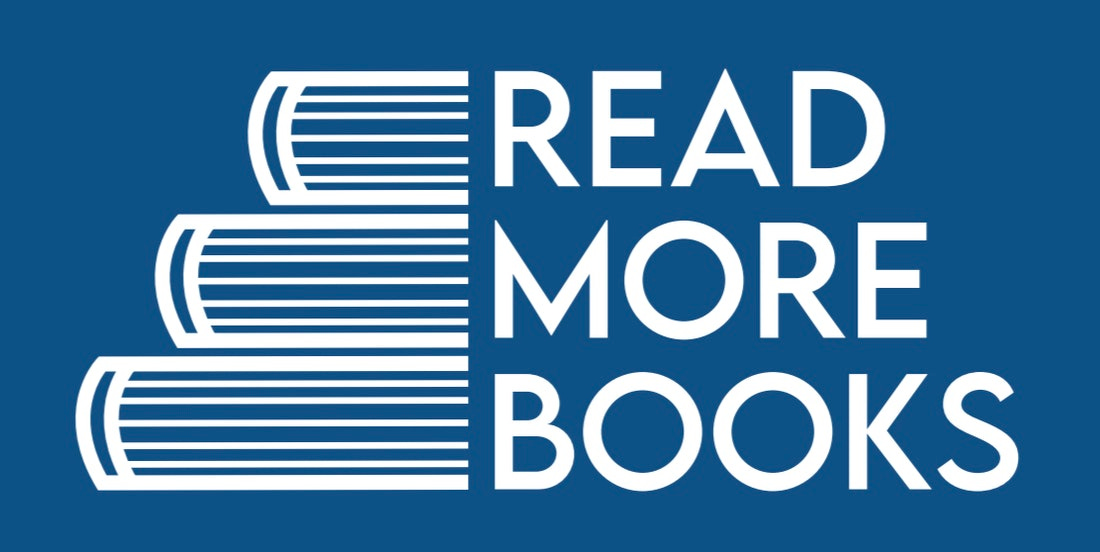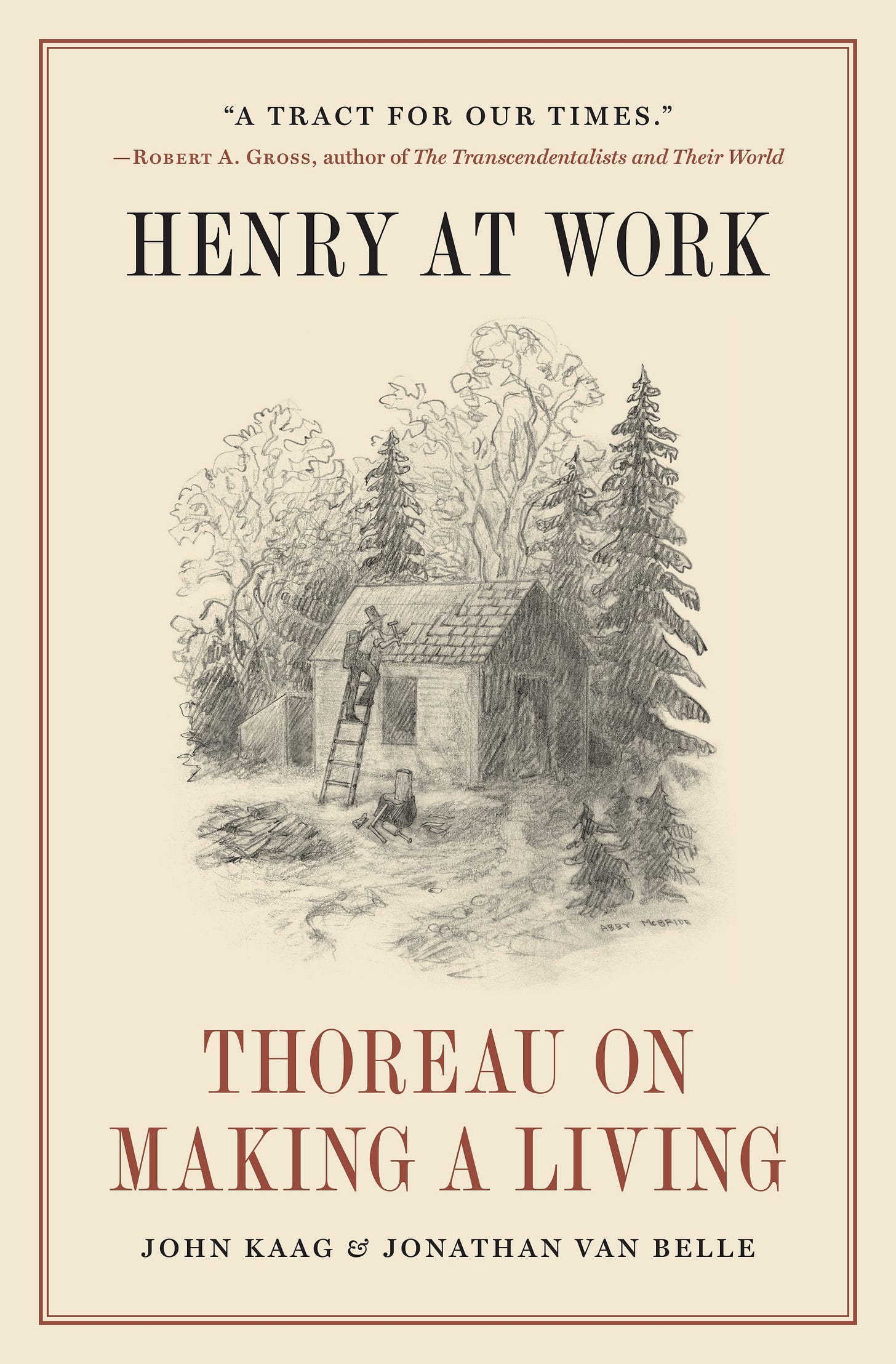What to Read Next: Thoreau
Issue #315, featuring "Walden" and others
Happy Friday, readers!
I recently read Walden for the first time and it sent me down a bit of a Thoreauvian rabbit hole. Though I’d encountered bits and pieces of Thoreau’s work — the internet is rife with soul-stirring quotes — I hadn’t ever deeply or thoughtfully read his stuff.
I immediately became obsessed with man’s life and philosophy and read a few related books, too. Thoreau gets kind of a bad rap these days, but I actually think finding his philosophy as a thirtysomething dad in the suburbs was more impactful than had I read him in my twenties.
So in this week’s newsletter we’re gonna look at Thoreau. If you want a preview of the man without jumping into the deep end, I recommend starting with books about Thoreau. Henry at Work, featured below, would be a great introduction in my opionon. Then if you’re intrigued, get into his original stuff, which is primarily Walden, a handful of essays, and a bunch of ancillary stuff like letters and journals.
Walden by Henry David Thoreau

Published: 1854 | Pages: 271
It has to be said right out of the gate that this 1854 classic of American literature is not an easy read. It’s often dense, meandering, and frankly hard to figure out.
Which is why Walden rewards slow and deliberate reading. And when you do that, Henry Thoreau’s ideas from 170 years ago reveal themselves as utterly brilliant and remarkably prescient.
Over the course of December and early January, I read Walden at the pace of just 5-10 pages per day. I wrote in the margins, underlined a lot, and jotted plenty of ideas into a Google doc. Even though the reading took up just a small portion of each day, I thought about it constantly as I went about working, reading, parenting, cooking . . . living.
At it’s core, Walden is not about spending time alone in the woods. It’s about living authentically — whatever that means for you — and opting out of the rampant consumerism and workaholism that pervades our society.
Given what I said at the start, it’s not a book that everyone will enjoy. You have to want to read it. I’m a bit of a philosopher at heart, so it really spoke to me. My experience won’t be everyone’s though. As Henry himself might say, read authentically. If it doesn’t speak to you, don’t worry about it.
Henry at Work: Thoreau on Making a Living by John Kaag and Jonathan van Belle
Published: 2023 | Pages: 203
What good is philosophy if it only dwells in the realm of ideas and never touches our practical experiences? Luckily, Thoreauvian thought is all about day-to-day life. Walden is full of ideas related to work and money — in fact, the first and longest chapter (by far) is called “Economy.”
Even in the 1840s and 1850s, which we imagine were a slower time all around, Thoreau bemoaned the capitalist rat race and the consumerist, keep-up-with-the-Jones’ attitude of his neighbors. For him, though, it was an option to basically not work and survive on pluck and the goodwill of others. Life was indeed just less expensive back then.
What’s a modern human to do? That’s where Kaag and van Belle come in. These two modern philosophers examine Thoreau’s work and bring a 21st century lens to the question of what it means to live meaningfully and authentically in the working world.
I really enjoyed Henry at Work’s practical insights and found it to be an immensely helpful distillation of Thoreau’s big ideas on money and consumer culture. If you’re curious about Thoreau and don’t want to dive right into Walden, this short and readable book is a good place to start.
More Thoreau books
Robert Richardson is well-known as being one of the prominent biographers of both Thoreau and Ralph Waldo Emerson. I read his short Three Roads Back, which was okay, but really just made me want to read the much more in-depth Thoreau: A Life of the Mind.
I tried reading Susan Cheever’s American Bloomsbury, but DNFed about one-third through. It just felt too disjointed and more like a series of very short vignettes rather than a cohesive narrative.
In addition to having Thoreau’s full letters and journals on my list, I’d love to re-read an annotated version of Walden.
Finally, Laura Dassow Walls’ well-reviewed Henry David Thoreau: A Life is eagerly waiting for me on my kindle.
Okay, enough about that for now. There are untold depths to explore when it comes to not only Thoreau himself, but also his good friends Emerson, Nathaniel Hawthorne, Louisa May Alcott, and other literary greats.
Thanks so much for reading! I so appreciate your time and inbox space.
-Jeremy



I really enjoy Thoreau. Joe (my brother who also gets your newsletter) and I live close to Walden Pond and Concord and have spent a lot of time up there. It would be a great family vacation for you to see the area and you could also visit the American revolutionary sites in Lexington and concord!
I personally think Thoreau is at his best in the chapters, “The Ponds” and the “Ponds in Winter”. Reading an annotated version (the one with the forward by Walter Harding is the best) is definitely worth it.
His journals, in my opinion, is where he really shines, so definitely pick them up!
Walls’ biography is excellent. So is Richardson’s (his bio on Emerson is incredible!) One book you might want to add to your list is Thoreau’s Morning Work by Daniel Peck.
Finally, Great Courses has an excellent course on the Transcendentalists. You can find it on Audible.
Enjoy!
I'm currently reading Dassow Walls' biography. I am about 100 pages in and it has already helped me understand Thoreau much, much better. (And I have returned to "Walden" a few times over the years - not a flex.) I have started to take a slow-read approach to the bio. Going into slow-read mode is how I know that I am reading something that will stick for a long time.